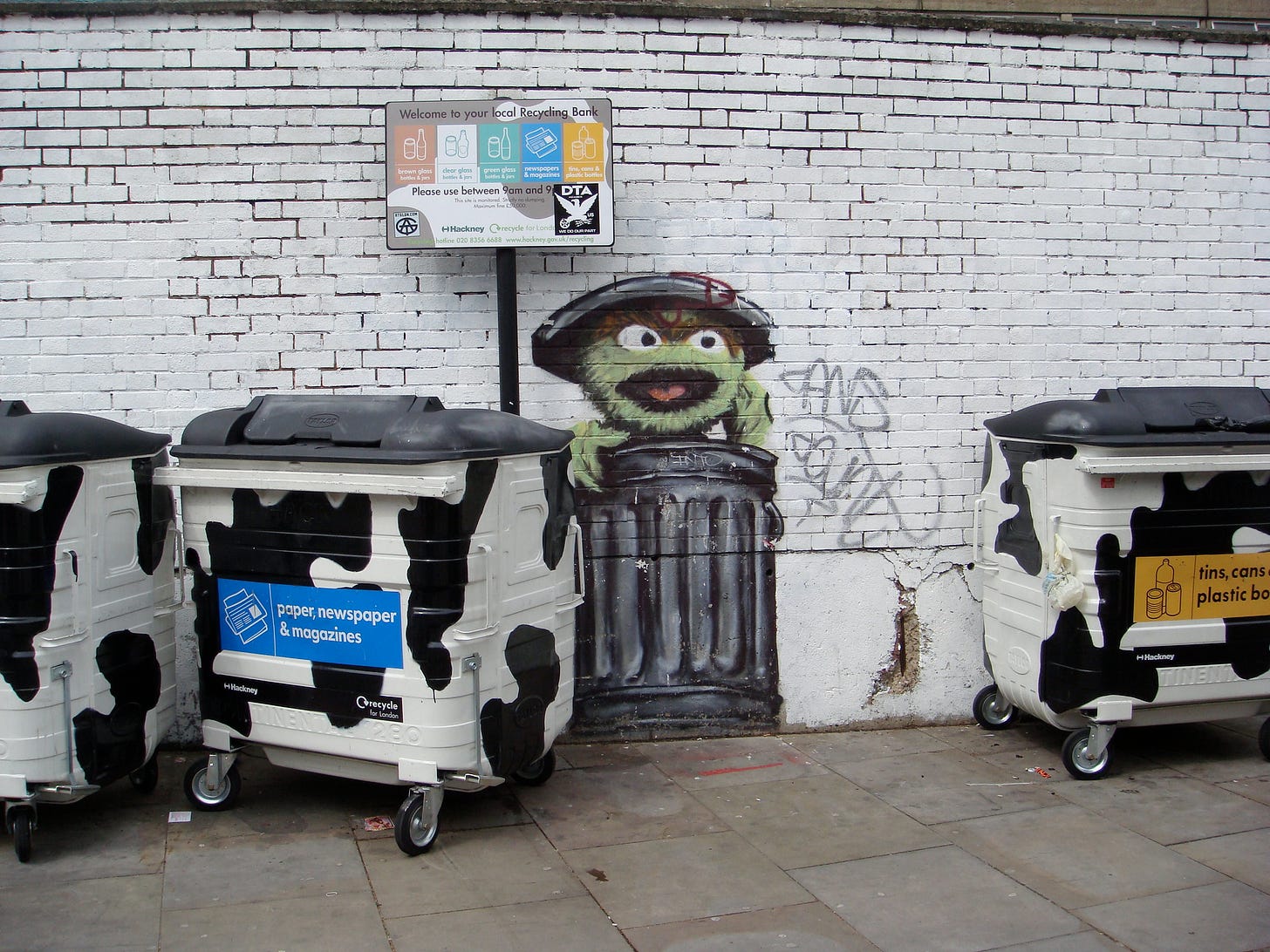
I don’t seek out much parenting advice these days, but one expert I listen to is Dr. Lisa Damour. She fields parents’ questions in her relatable, practical way on the Ask Lisa podcast.
She recently answered a question that made a light bulb go off in my head.
But first, some context.
The “everything sucks” phone call
My adult kids don’t call often. One’s a busy student; the other is a college graduate navigating the early months of independent life. Add the million things they’ve got going on to the generational allergy to phone conversation and, well, I rarely hear from them. Maybe I should switch their ringtones to crickets chirping! Ha ha!
Point is: when they call, it’s often to problem-solve, and the conversation often begins with a litany of complaints about how EVERYTHING SUCKS.
The “everything sucks” phone call was a regular feature of my son’s freshman year. He’d usually call in the evenings, full of frustration and his own unique brand of WTF. Evenings are why my energy is lowest.
Look, I get it. He was adjusting to new academic and social pressures and dining hall food and a cramped triple dorm room with a problematic roommate, etc., etc. Things did kind of suck. I really did sympathize.
And yet.
These dump sessions were hard on me.
I’d breathe in through my nose, out through my mouth. Some days I could listen, but other days I felt my tolerance leaking out of my ears and my anxiety going through the roof.
I had about three minutes of tight-lipped silence in me till I shifted into “helpful suggestion” mode. This usually made things worse and brought the conversation to an end with a clipped goodbye. I felt drained and inadequate and self-righteous and disappointed I wasn’t hearing more good news.
One time he complained about stuff his roommate was doing that he himself used to do when he lived at home. “Can you believe that?!” he said, and I wanted to reply, as Captain Lawrence in The Handmaid’s Tale Season 5 said to Serena:
DO YOU HAVE AN IRONY DEFICIENCY??
My daughter’s “everything sucks” phone calls differed in tone but were similar in function.
We were all in bumpy transitions — them, adjusting to the pressures of independence; me, adjusting to the pressures of parenting remotely.
Back to Lisa’s podcast
Lisa recently fielded this question from the parent of a fifth grader:
My kid complains constantly. How do I get him to stop?
This parent is over it. And even though I get “everything sucks” phone calls less frequently now, I HAD TO TUNE IN IMMEDIATELY.
The emotional garbage bag
Lisa and her co-host Reena Ninan riff and commiserate in a way that’s validating without blaming. At 3:40, Lisa put forth her “Grand Theory of Complaining.” She reframed the “everything sucks” dump session as a healthy tool for disposing of what she calls emotional garbage, or the residue of stresses that build up over time.
Then she offered parents a way to interpret being on the receiving end.
You want to picture yourself opening an emotional garbage bag, right? You are there just to collect all the energy debris of the day.
Holding the emotional garbage bag! Collecting emotional debris! That’s something I can do! It’s an act of service! I can do this! I want to do this!
I know they’re heroically keeping it together while navigating the obstacle courses of their lives. I know they need a way to release the pressure that builds throughout their days and weeks.
I know this because I need to empty my emotional garbage, too. We all have days when we don’t want advice, we just want to vent, whine even. We just want a little acknowledgement and validation and sympathy, and then we can move on with our lives, ready to face another day.
But there was still a problem
The problem was, when my kids were done “discarding,” they’d walk away feeling lighter but I was in the dumps. Sometimes for the rest of the evening. You could say I was left holding the bag.
AND THAT’S WHEN I REALIZED THE TRUE GENIUS OF LISA’S GARBAGE BAG METAPHOR.
I had mistaken holding the garbage bag for becoming the garbage bag myself.
Keep reading with a 7-day free trial
Subscribe to Parent of Adults to keep reading this post and get 7 days of free access to the full post archives.






